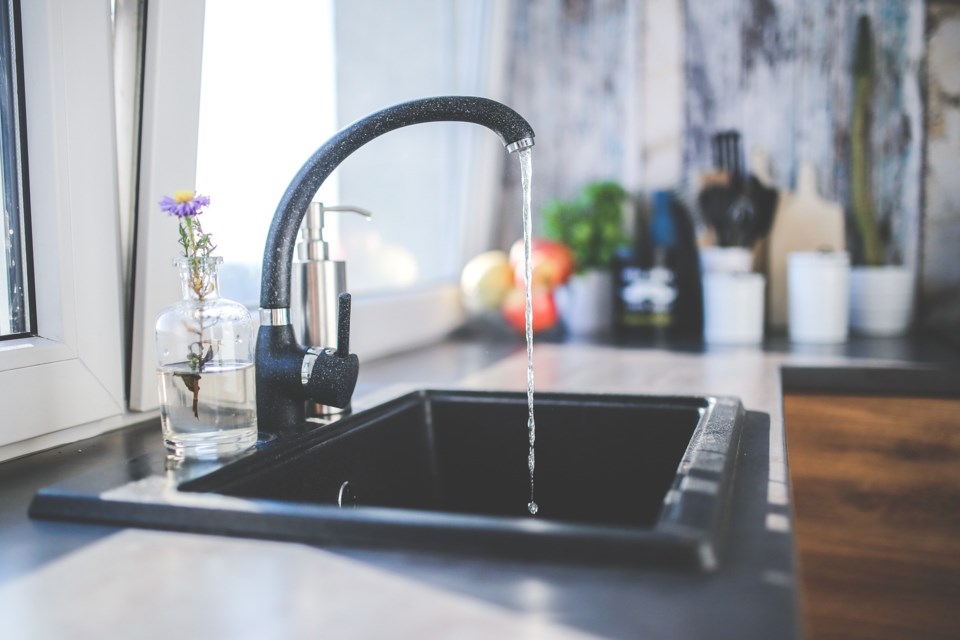Longmont residents owe over $2 million in past-due utility payments and the city will soon start collecting the money with an eye toward avoiding disconnecting families from services, the city council was told Tuesday night.
Jim Golden, Longmont’s chief financial officer, told the city council during a work session the city this month will begin notifying and using the city’s collection processes that were in place before COVID-19. The city is following the example of other cities that held off on pressing delinquent account holders because of COVID-19 hardships but are now resuming collections, he said.
As of Jan. 16, 2021, 1,609 residential accounts and 111 commercial accounts had balances of more than 180 days past due, Golden told the council.
Residential accounts with a balance at last 180 days past due owed an average of $325, while commercial accounts at least 180 days past due owed an average of $794, according to a city staff report to the city council.
“It’s going to take quite some time to address all of those delinquent accounts,” Golden said.
The city will continue to work with customers with past due balances by providing payment options including payment plans or assistance referrals, the city report states.
“We want to work with clients,” Golden said.
Councilmember Polly Christensen asked the city to hold off on disconnecting homes at least for another month.
“I understand we are millions of dollars in the hole,” Christensen said. ”I think it’s important not to cut people off for at least another month before the weather warms up.”
Becky Doyle, the city’s assistant director of business services for public works and natural resources, told the council Longmont’s CAReS (City Assistance and Rebate System) program delivered $275,415 in rebates to income-qualified customers for utility relief in 2020. Residents also got federal assistance as well as crisis help from the OUR Center, she said.



